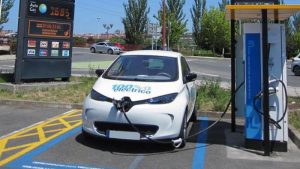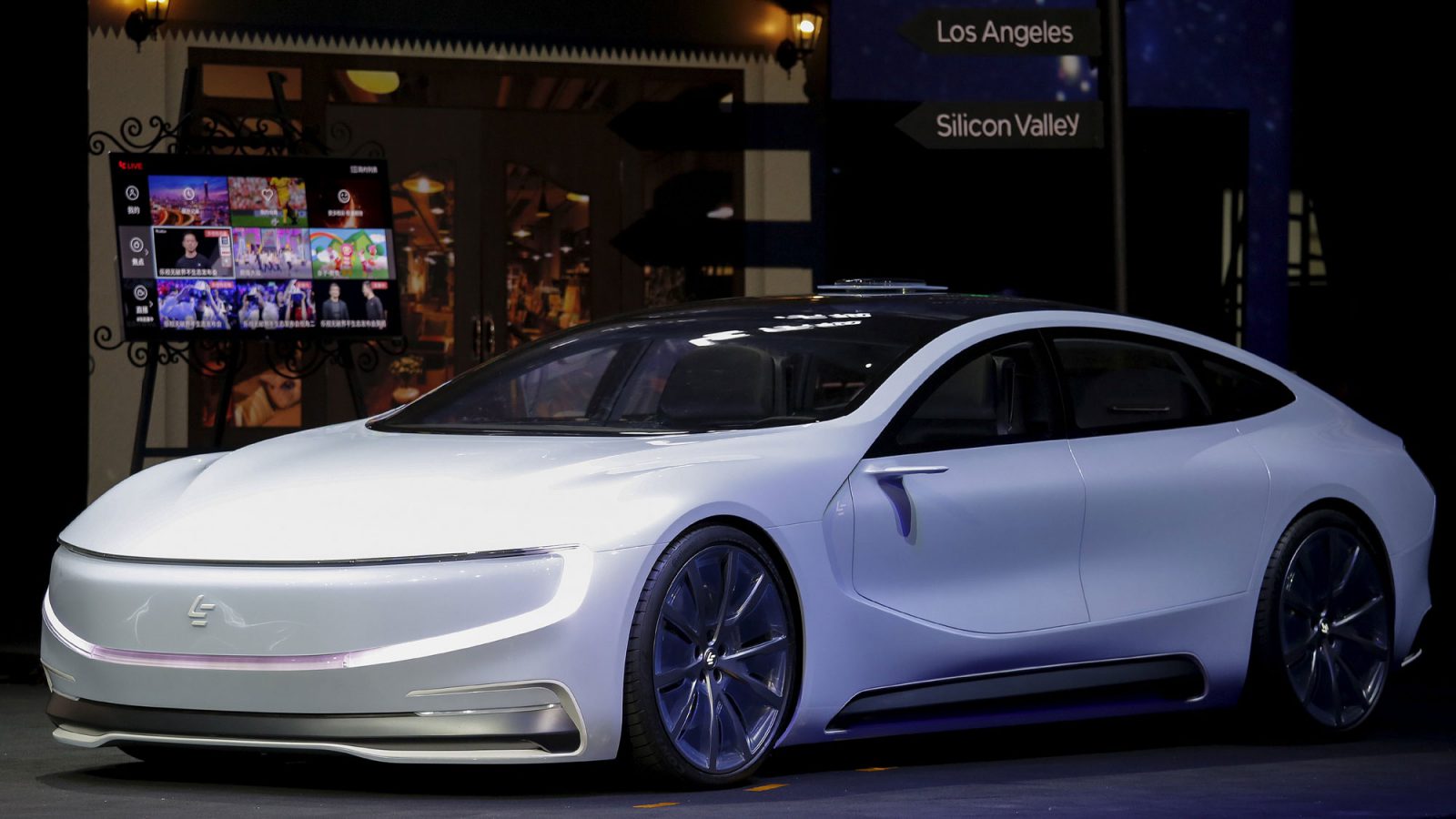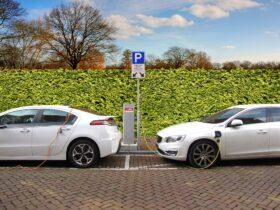There is no question that car industry is undergoing a radical change.
The electric car revolution continues to gain momentum.
Daimler said it would have electrified versions of its own models by 2022.
Other companies, including Volvo, VW, Jaguar Land Rover and Honda have made similar pledges.
These are undoubtedly ambitious plans – but it is important to recognise their limitations.

It is widely agreed that the spread of electric vehicles is being held back by a shortage of public charging stations, which makes it hard to take long trips.
And even in “green” cities like Oslo to find a charging station is often a problem.
The range of the batteries is a factor too.
They work great around the city, but as Wintonsworld mentions, the range of these cars fail alarmingly when they accelerate on to the highway, specially when there are hills or in winter conditions.
The other problem with electric cars is that they earn less money for the car companys.
Daimler for example may only earn 20% to 50% the margin of equivalent vehicles with combustion engines.
To read more:
1- Electric Revolution Is Coming, But Not Quite Yet: http://www.wintonsworld.com/electric-revolution-coming-not-quite-yet/
2- Why switching to fully electric cars will take time: http://www.bbc.com/news/business-41268513
3 – German’s Slow Electric Car Pace Makes Sense For Profit: http://www.wintonsworld.com/germans-slow-electric-car-pace-makes-sense-profit/
4- Electric cars only half as profitable at first: Daimler: https://www.cnbc.com/2017/09/11/electric-cars-only-half-as-profitable-at-first-daimler.html

The switch to fully electrical cars move slowly
Posted by
Jimmy_Lecar
6 years Ago
9th June 2018
Tags:
Electric vehicles (EV)
What’s your reaction?
Shares
Jimmy_Lecar














